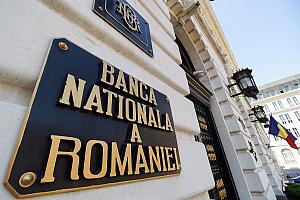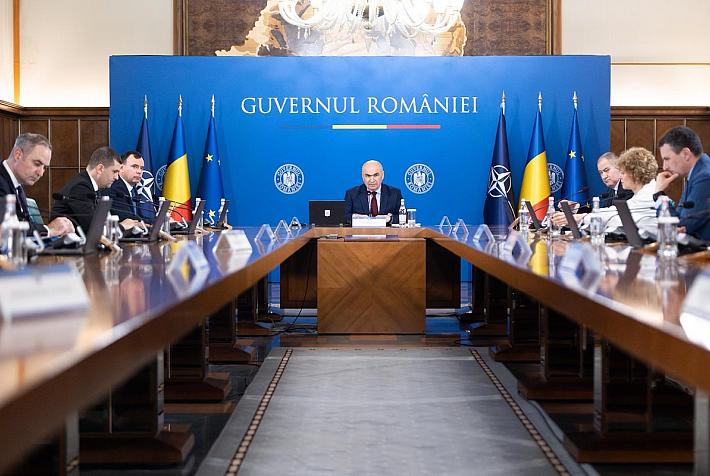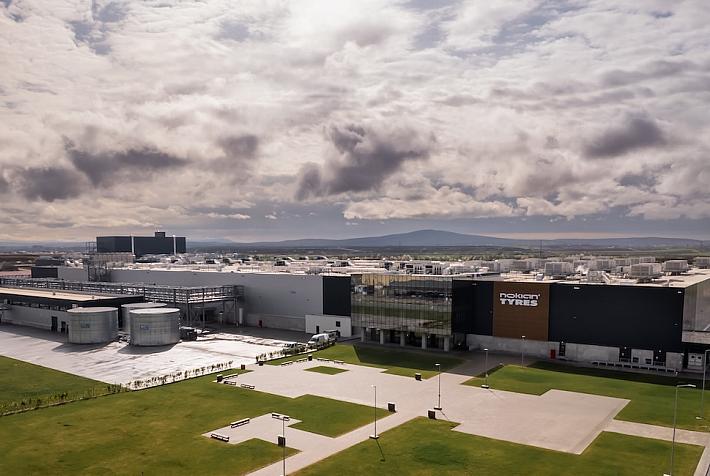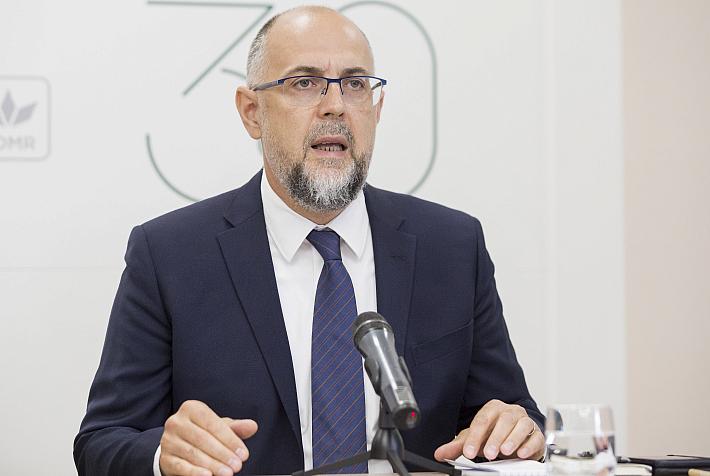Benchmark interest rate for retail loans up by 1.4pp QoQ in Romania, to 4.06%

IRCC, the benchmark interest rate used by commercial banks to calculate the interest rate for new loans extended to the households after May 2019, rose to 4.06% (up from 2.65%), according to the quarterly calculations published by the National Bank of Romania (BNR), marking an advance of 53%.
Consequently, the mortgage interest rates will increase from the current 5%-5.6% to 7%-7.8%.
Based on recent developments, a similar increase is expected for January 2023.
This new IRCC value will be used as a benchmark in the fourth quarter of the year (Q4) and is calculated based on data from Q2, Ziarul Financiar explained. Similarly, the benchmark used in Q1 next year will be based on data from Q3 - when the money market interest rates kept rising.
Separately, ROBOR - used as a benchmark for retail loans before May 2019, soared even more: from 1.6% to 7.9% over the past 12 months.
While ROBOR is an average of bank interest rate quotations, IRCC is a weighted average of actual transactions. IRCC was introduced in May 2019 to better reflect the situation in the banking market.
andrei@romania-insider.com
(Photo source: Dreamstime.com)













